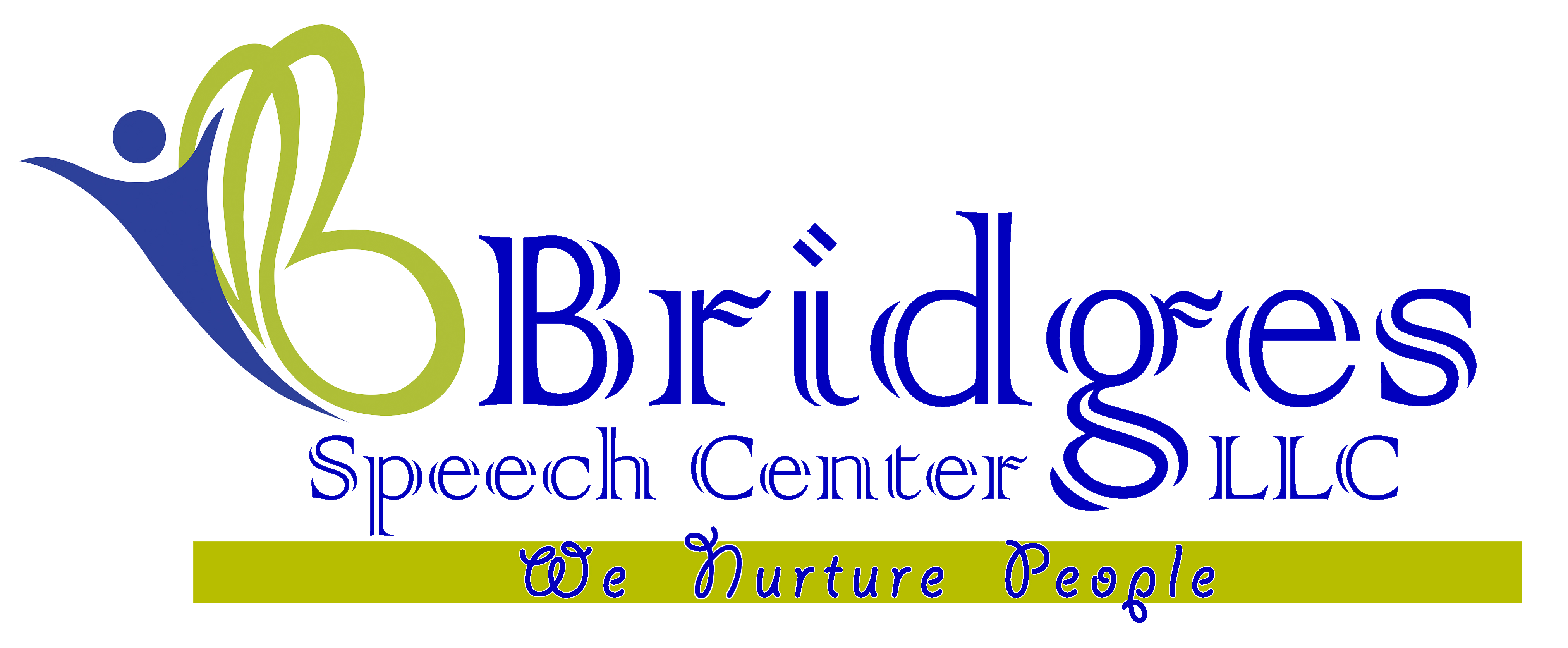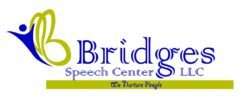- About Us
- Our Services
- Speech Therapy
- Speech and Language Therapies for Adults in Dubai
- Speech and Language Therapies for Children in Dubai
- Accent therapy
- Augmentative Alternative Communication (AAC) Therapy
- Articulation Speech Therapy
- Auditory Processing therapy/ Auditory verbal therapy
- Language Intervention: Speech Delay therapy
- Oral Motor Therapy
- Play Based therapy
- PROMPT/DTTC/RePT for Childhood Apraxia of Speech
- Social communication/Pragmatic language therapy
- Stuttering / Stammering therapy Program
- Spellography Program for Dyslexia
- Voice Therapy
- Feeding Therapy
- Occupational Therapy
- Sensory Integration
- Clinical Psychology & Psychotherapy
- Cognitive Behavioral Therapy(CBT)
- ABA /Behavior Therapy
- Bridge Learning Program
- Group therapy
- Summer/Winter Program
- Telehealth Services
- Training Program/CEU
- Internship/ Observership
- Speech Therapy
- Super Team
- Collaboration
- Training Course
- News/Blogs
- About Us
- Our Services
- Speech Therapy
- Speech and Language Therapies for Adults in Dubai
- Speech and Language Therapies for Children in Dubai
- Accent therapy
- Augmentative Alternative Communication (AAC) Therapy
- Articulation Speech Therapy
- Auditory Processing therapy/ Auditory verbal therapy
- Language Intervention: Speech Delay therapy
- Oral Motor Therapy
- Play Based therapy
- PROMPT/DTTC/RePT for Childhood Apraxia of Speech
- Social communication/Pragmatic language therapy
- Stuttering / Stammering therapy Program
- Spellography Program for Dyslexia
- Voice Therapy
- Feeding Therapy
- Occupational Therapy
- Sensory Integration
- Clinical Psychology & Psychotherapy
- Cognitive Behavioral Therapy(CBT)
- ABA /Behavior Therapy
- Bridge Learning Program
- Group therapy
- Summer/Winter Program
- Telehealth Services
- Training Program/CEU
- Internship/ Observership
- Speech Therapy
- Super Team
- Collaboration
- Training Course
- News/Blogs
Cognitive Linguistic Therapy Treatment in Dubai
- Home
- Our Services
- Cognitive-linguistic therapy
Cognitive-linguistic therapy for adults
Cognitive-linguistic therapy for adults is a specialized intervention designed to address cognitive-communication challenges that arise from neurological conditions or injuries affecting cognitive and language processing abilities. This therapy is particularly beneficial for individuals who have experienced strokes, traumatic brain injuries, neurodegenerative disorders, or other neurological conditions that impact their cognitive functions and language skills. Cognitive-linguistic therapy aims to enhance cognitive-communication abilities, which are essential for effective communication, problem-solving, and overall quality of life. Here’s a detailed look at cognitive-linguistic therapy for adults:
- Assessment: Cognitive-linguistic therapy begins with a comprehensive assessment conducted by a speech-language pathologist (SLP) or a cognitive-communication specialist. This assessment evaluates the individual’s cognitive strengths and weaknesses, as well as their language processing abilities.
- Individualized Treatment: Therapy is tailored to the specific cognitive-communication deficits and needs of the individual. Treatment plans are personalized based on the assessment findings.
- Cognitive Domains: Cognitive-linguistic therapy targets a range of cognitive domains, including attention, memory, problem-solving, reasoning, executive functions, and cognitive flexibility.
- Attention and Concentration: Therapy may involve exercises and strategies to improve sustained attention, selective attention, and divided attention.
- Memory Enhancement: Techniques are taught to help individuals improve their short-term memory, long-term memory, and prospective memory (remembering to perform future tasks).
- Problem-Solving and Reasoning: Therapy addresses strategies for effective problem-solving, decision-making, and critical thinking.
- Executive Function Skills: Executive functions encompass skills like planning, organizing, initiating tasks, inhibiting impulses, and monitoring progress. Cognitive-linguistic therapy helps individuals develop these skills.
- Cognitive Flexibility: Individuals learn to adapt to changing situations, switch between tasks, and adjust their thinking patterns when faced with new information.
- Language and Communication: The therapy also focuses on improving language comprehension, expression, and pragmatic language skills. Individuals learn to effectively convey their thoughts and understand others’ messages.
- Compensatory Strategies: For areas where cognitive deficits cannot be fully remediated, therapy teaches compensatory strategies to help individuals navigate challenges. These strategies may involve using memory aids, organizational tools, and technology.
- Functional Application: Cognitive-linguistic therapy emphasizes applying learned strategies to real-life situations, ensuring that individuals can use their improved cognitive skills in daily activities and communication.
- Multimodal Approach: Therapy may involve visual aids, written tasks, technology, and interactive exercises to engage different cognitive processes.
- Progress Monitoring: Regular assessment and progress tracking help adjust therapy goals and techniques as the individual’s cognitive-communication abilities improve.
- Psychosocial Support: Cognitive-linguistic therapy acknowledges the emotional impact of cognitive changes and provides support for building confidence, reducing frustration, and enhancing overall well-being.
Cognitive-linguistic therapy helps individuals regain cognitive-communication skills, enabling them to navigate everyday tasks, engage in meaningful interactions, and maintain a good quality of life despite cognitive challenges. By addressing cognitive deficits and providing practical strategies, this therapy empowers adults to participate more fully in social, vocational, and personal activities, fostering independence and improved cognitive functioning.
Make Appointment
Testimonials
What Parents Say
Send us an email if you wish to talk to any of them. For more reviews, please go to Google reviews.

My experience with bridges speech centre has been great. My child is attending OT in the center and we are happy and proud with the progress Mrs. Richa has made. The therapists are very supportive and knowledgable in selecting techniques to suit with our child's requirements . Their monthly review and evaluation is remarkable. I highly recommend bridges speech centre to anyone looking for an affordable and professional therapy for their child....

We were asked to consult a speech therapist for my son. As parents we were quite skeptical about this whole process. However, once my son started attending Dr Rupali’s sessions we noticed a drastic improvement in his speech. He used to speak only a few words but within the 1st four sessions he started speaking up-to 5 words sentences. I also learnt to manage my child’s emotions better with Dr Rupali’s guidance. She is very cooperative and patiently answer all questions.

We took our 21 month old daughter to Bridges speech center following her cleft palate surgery as she needed Speech therapy. Ms.Rupali was recommended to us by both our Pediatrician and ENT specialist. The staff at Bridges are qualified, warm and friendly. My daughter loved to attend the speech therapy sessions. Through various techniques and simulations provided during these sessions, I can see considerable improvement in my daughter's speech. Lastly I would say, no child is same, as parents we need to be patient and trust the process.

Rupali was excellent. In just couple of sessions she helped my child overcome difficulty in pronouncing ch and sh sound. Thanks very much.Highly recommend for children who will need assistance in speech therapy.
Blog & Article
Our Latest Blog & Articles
Are you feeling depressed or anxious?
Are you feeling depressed or anxious? abdulrehman August 16, 2023 Uncategorized Are you...
Sensory Integration
Sensory Integration abdulrehman August 11, 2023 Uncategorized Sensory Integration Sensory integration is a...



